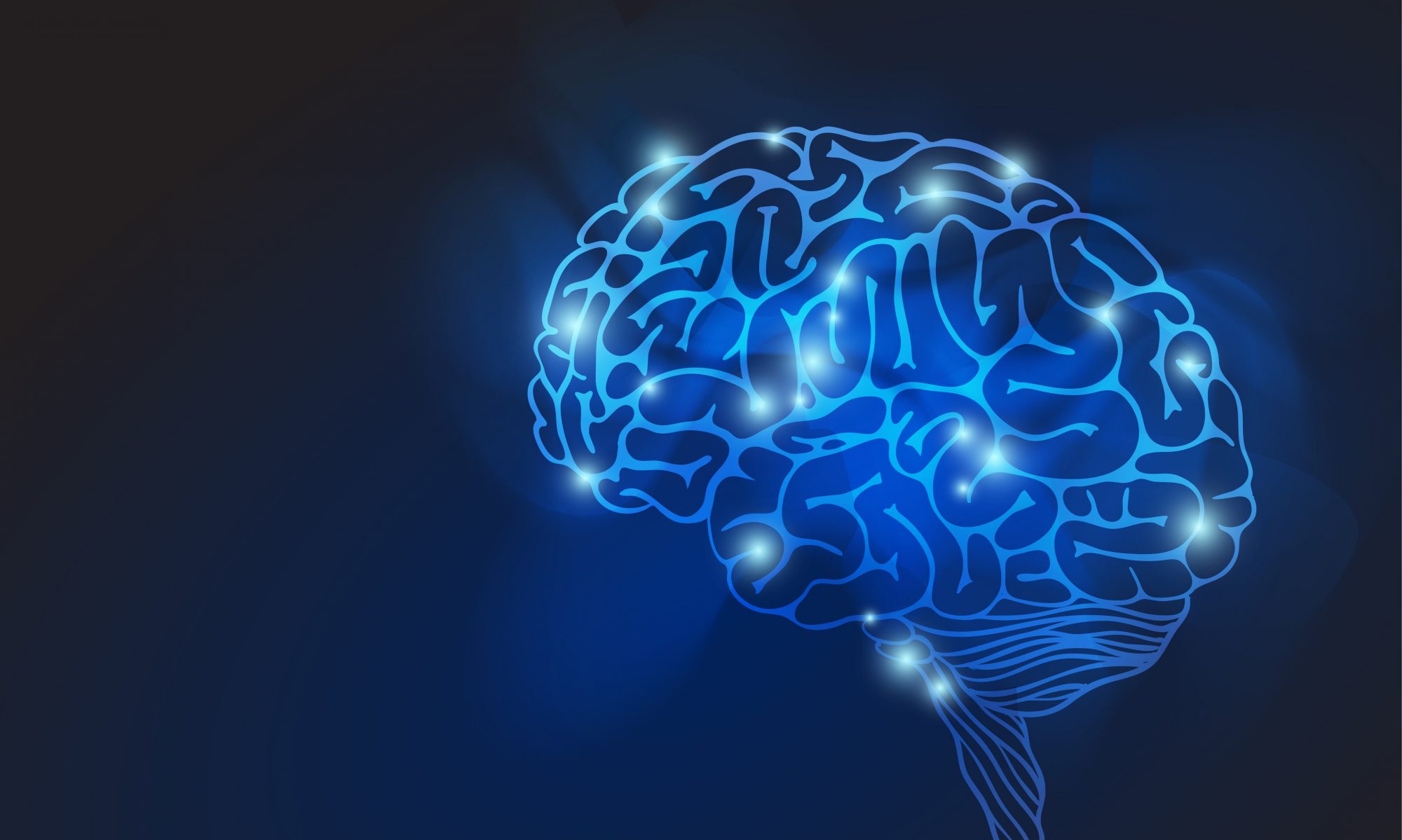Our trainees review webinars in their given fields and share abstracts to help colleagues outside their discipline make an informed choice about watching them. As our program bridges diverse disciplines, these abstracts are beneficial for our own group in helping one another gain key knowledge in each other’s fields. We are happy to share these here for anyone else who may find them helpful.
Paola Arlotta, Golub Family Professor of Stem Cell and Regenerative Biology, Harvard University
Chair, Harvard Department of Stem Cell and Regenerative Biology
Associate Member, Stanley Center for Psychiatric Research, Broad Institute
October 1, 2021
Harvard Brain Science Initiative
 Analysis by Olawale Salaudeen:
Analysis by Olawale Salaudeen:
This talk by Professor Paola Arlotta provides an overview of developments in trying to replicate aspects of the brain development that occurs in the embryo outside of the context of embryogenesis. The mechanism to do this is stem-cell-derived 3D brain organoids. Success in this research venture allows the scientific community to be able to study human brain development and how diseases can affect human brain development in a way that is currently not possible.
The primary region of interest in the human brain is the cerebral cortex, where there are many types of cells — neuron and glial. The development of the human cerebral cortex occurs both during embryonic development as well as post-natal — making it a relatively long process. The speaker points out the limit of understanding the human cerebral cortex through rodents, as there are inherent differences in the final tissue observed in rodents vs. humans. Brain organoids have the potential to provide an external experimental system to understand this process and the effects of various factors on it. Thus far, the cell diversity of the human cerebral cortex can be generated consistently organoid-to-organoid.
This talk presents seminal experiments and results to give clear milestones that have led to the current state of the research and the implications for understanding human brain development. As someone with increasing but limited molecular and cellular biology knowledge, I found this talk accessible and useful in supplementing the knowledge I have gained through the MBM program.

